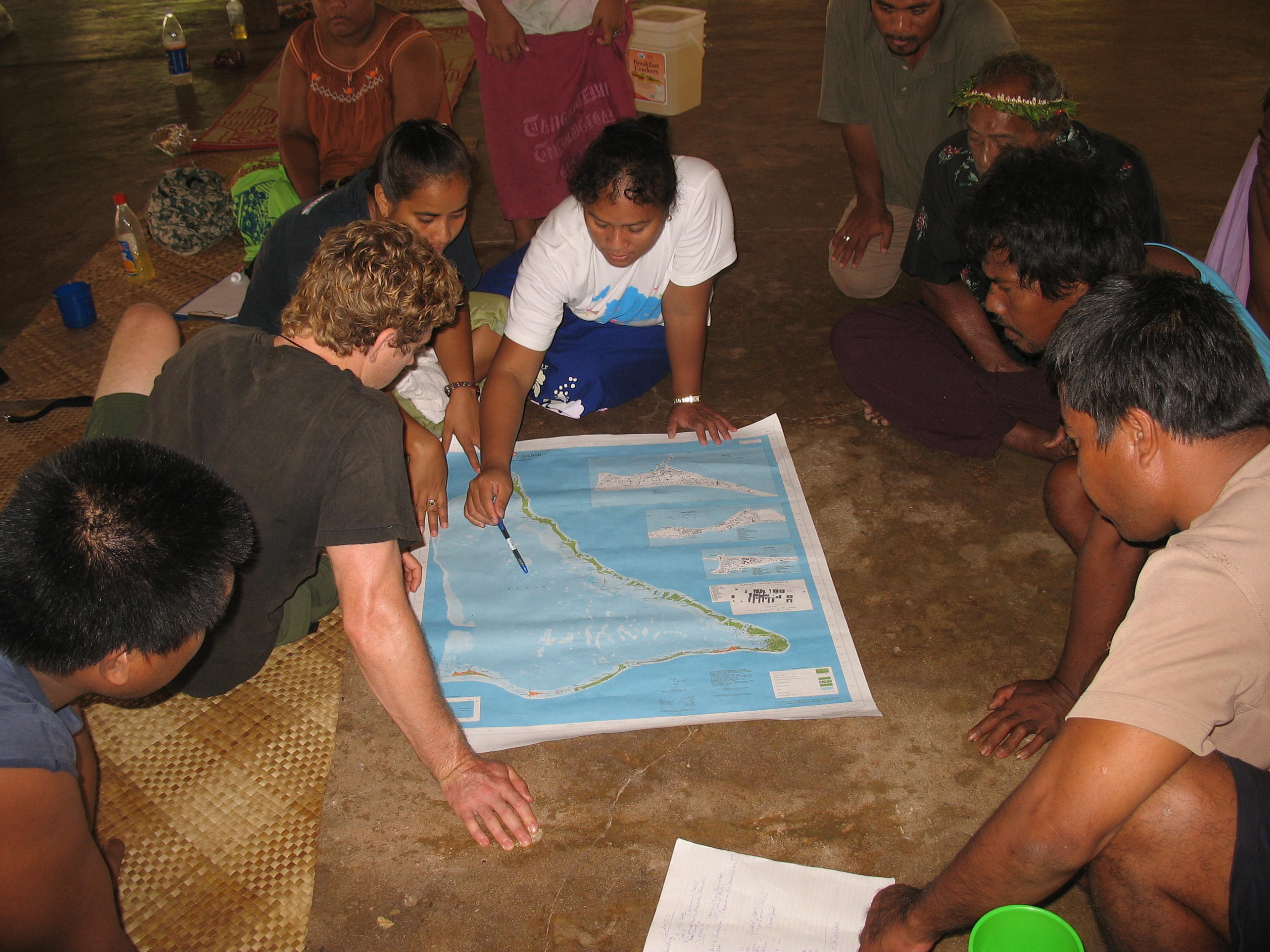
A collection of resources to assist marine planning processes.
SPC- EU Deep Sea Minerals Project
SPC- EU Deep Sea Minerals Project
The Deep Sea Minerals Project is a collaboration between the Pacific Community (SPC) and the European Union (EU).

A collection of resources to assist marine planning processes.
SPC- EU Deep Sea Minerals Project
The Deep Sea Minerals Project is a collaboration between the Pacific Community (SPC) and the European Union (EU).